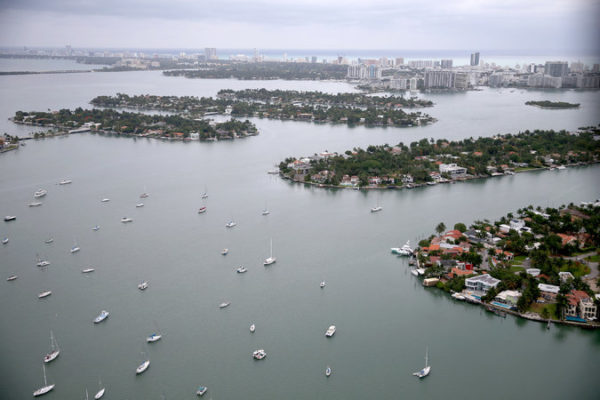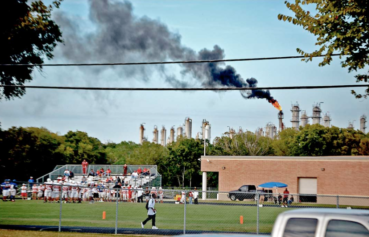The U.S. economy faces great risks from climate change, according to a new study that focuses on the current and future effects of climate change on everything from jobs, to crop yields, to energy production.
Though the study presents no new climate science, it paints a dire picture of the business and economic effects if action isn’t taken, including crop yields that fall by more than 70 percent in the Midwest and billions of dollars’ worth of property literally underwater on the East Coast.
The study is called Risky Business, and the driving force behind it is a bipartisan group of prominent former businessmen and public officials: entrepreneur and former New York Mayor Michael Bloomberg; retired hedge fund manager Thomas Steyer; and Henry Paulson, a former Wall Street titan and Treasury secretary under President George W. Bush.
The study says there’s a better-than-ever chance that as much as $23 billion worth of Florida property will be underwater by the middle of the century.
But the report projects something investors call a “tail risk” — a low-probability but extremely high-cost event that pushes losses far above $23 billion. For Florida property, the “tail risk” is that there’s a 1 in 100 chance that by the end of this century, as much as $681 billion worth of property will be submerged.
Read the full story at npr.org



